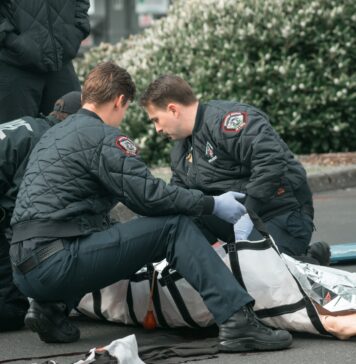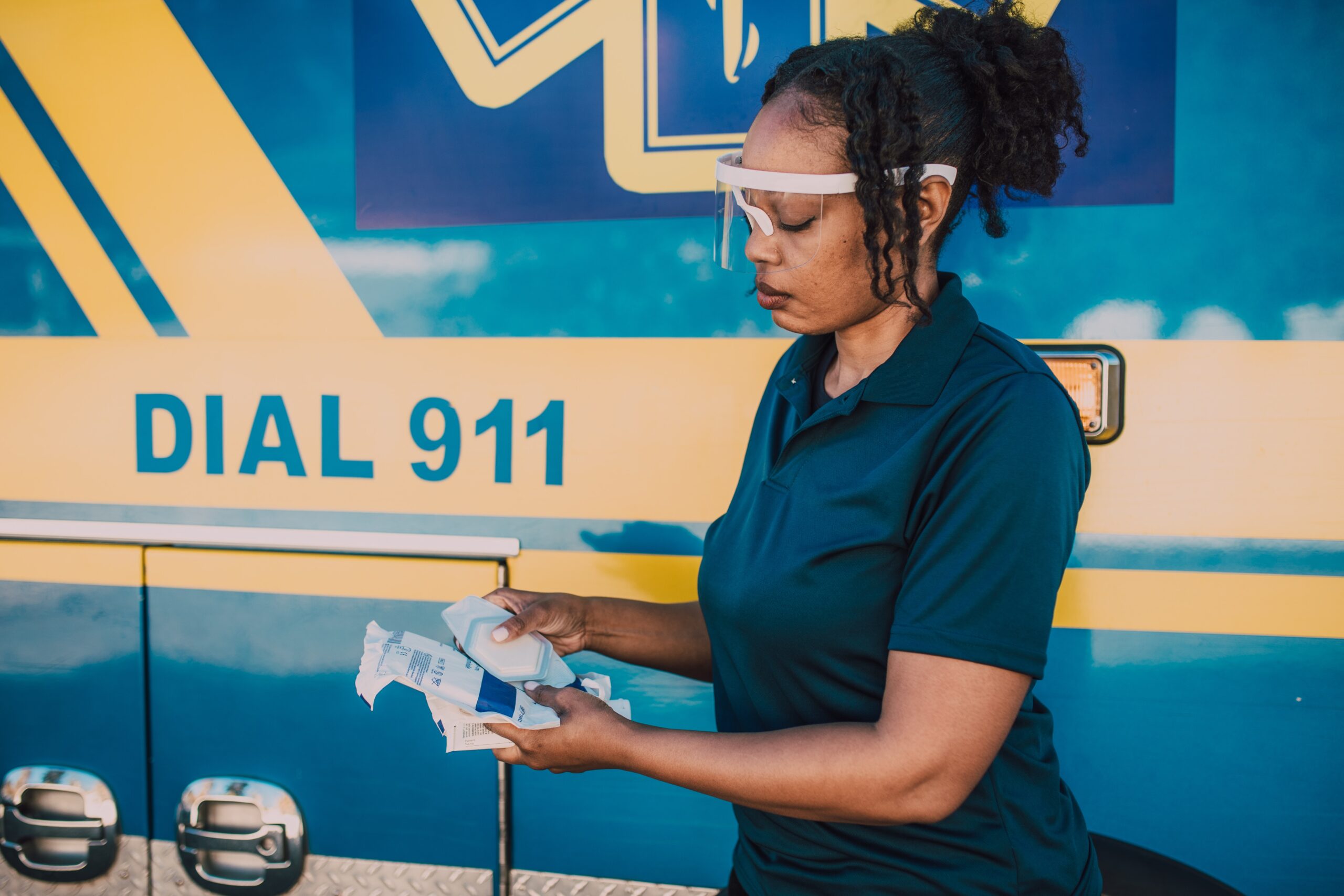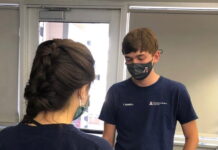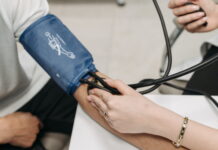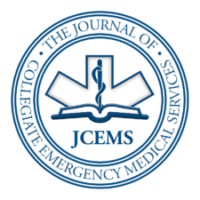Establishing a Collegiate Emergency Medical Service
Ferdowsian et al. share their experience establishing a new EMS team at the Claremont Colleges.
Lessons from Early Vaccination of Campus EMS Providers at the University of California, Davis
Mills et al. highlight UC Davis' experience with the vaccination of campus first responders against COVID-19.
Predicting Patient Volumes at Collegiate Football Games
Renko et al. create a model to predict patient volumes at collegiate football games to help aid EMS in planning.
Assessment of Bystander Intervention on EMS Transport Decisions for Cases of Alcohol Intoxication at...
Looking at a small liberal arts college in New York State, Di Nucci et al. study the impact of bystander intervention on EMS transport decisions for alcohol intoxication cases.
Call to EMS Research: Disparities in Recruitment and Retention of Black Providers is an...
Hutchens discusses the need for further research into the issue of recruitment and retention of Black EMS providers.
Maintaining Collegiate EMS Readiness During COVID Campus Closures
Alatis and Nable discuss the impact of COVID-19 on campus EMS organizations and how teams can maintain operational readiness throughout the pandemic.
How the Blue Hens are Responding to COVID-19
Amid a global pandemic, JCEMS talks with he University of Delaware’s EMS Squad Director of Public Relations about shifts, PPE, recruitment, and more.
Implementation of a Peer Support Program for Campus First Responders
The implementation of Peer Support is one step CUSERT has taken towards improving mental health support for campus first responders.
Naloxone Training and Distribution Program in an Urban Collegiate Setting
MERT worked with physicians from Penn Medicine’s Emergency Department to develop a 1-1.5 hour bystander naloxone training curriculum.
The Relative Importance of Vital Signs in Campus-Based Emergency Services
This study examined the vital signs of patients of the University of Texas at Dallas' BLS response team and compared them to established standards of upgrading to ALS.



